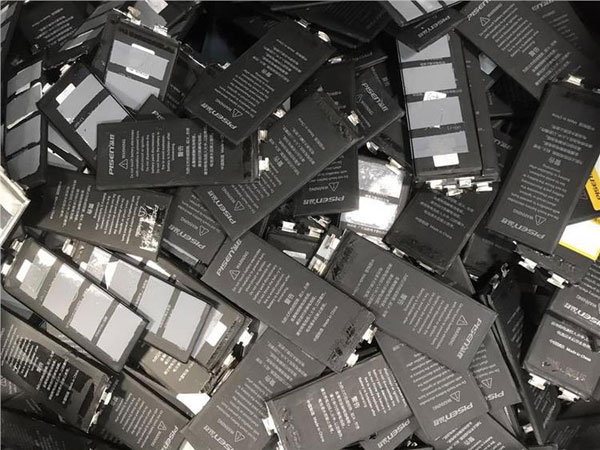At present, the cathode materials commonly used in lithium-ion batteries on the market mainly include lithium cobalt oxide, lithium nickel oxide, lithium manganate, nickel cobalt manganese and lithium iron phosphate. One of the recovery methods is to add the positive electrode material to sulfuric acid, nitric acid, hydrochloric acid and adding a reducing agent to leach the valuable metals in the active material. Some people also degummed the lithium cobalt oxide cathode material by roasting it at 500-850 °C, and then mixed it with sulfate to make a slurry for secondary roasting to convert metals such as copper and cobalt into water-soluble sulfate.
The discharged, pulverized and oxidized materials and ammonium sulfate are then calcined, and then acid-dissolved and filtered. The waste lithium cobalt oxide powder is then mixed with sodium bisulfate, calcined, and then leached with water.

In these methods, waste lithium-ion battery materials are first roasted, and the structure of waste electrode materials is destroyed, which is beneficial to subsequent leaching. Due to the disassembly and decomposition of waste lithium-ion batteries, non-electrolyte and plastics are inevitably entrained in the electrode materials. These substances will decompose during the roasting process to produce fluorine and bodies, which will cause harm to the environment. Therefore, it is of great significance to develop an environmentally friendly pretreatment method for the recycling of waste lithium-ion battery materials.
At present, the cathode materials of waste lithium-ion batteries are mostly treated by wet method, that is, leaching-impurity-extraction separation process. This method can realize the leaching of metal elements in the cathode material. However, since lithium and nickel, cobalt, and manganese are leached at the same time, the subsequent separation The process is long and the lithium ion concentration is low, which also brings certain difficulties to subsequent recovery.
Lithium ion battery adopts carbonaceous reducing agent for reduction roasting, the calcine after reduction roasting is leached to extract lithium, the lithium slag is extracted, and then other valuable metal elements are recovered by ammonia leaching. In this method, the lithium in the calcine exists in the form of lithium carbonate. , due to the low solubility of lithium carbonate, it will inevitably lead to the liquid-solid ratio, the subsequent concentration energy consumption will increase, and the lithium slag is recovered by ammonia leaching method to recover other elements, the ammonia nitrogen wastewater produced pollutes the environment, and the treatment cost is high.
In addition to the above methods, the scrap lithium battery recycling production line can also be used for physical and mechanical crushing, sorting and recycling, and the scrap lithium battery is subjected to a series of treatments to obtain carbon powder, precious metals, etc. This method is not only efficient and stable , and will not cause any pollution to the environment.
Attachment: Recycling and application of lithium battery materials: In the lithium battery industry chain, the upstream battery material link is the key. Lithium battery cathode materials, separators and electrolyte related technologies still need to be improved. As far as cathode materials are concerned, lithium iron phosphate will be the future development direction of cathode materials for lithium batteries, but lithium iron phosphate has poor conductivity. The solution is to add conductive materials or use nanotechnology to make it fully granulated. higher requirements. However, in the long run, with the advancement of technology and the maturity of the process, lithium iron phosphate will be widely used as a cathode material. Lithium battery is a kind of battery that uses lithium metal or lithium alloy as negative electrode material and uses non-aqueous electrolyte solution. Lithium battery is a battery with good energy density and comprehensive performance in secondary battery technology, and its market share has increased year by year since its birth.
Thank you for your interest in suny group. If you want to learn more about our E-waste recycling plant, copper wire recycling machine and other machines, Contact us now to find out what we can do for you next project!E-mail:sunymachine@gmail.com | Whatsapp:+8613674945231